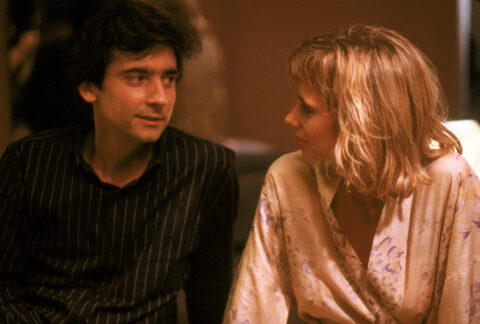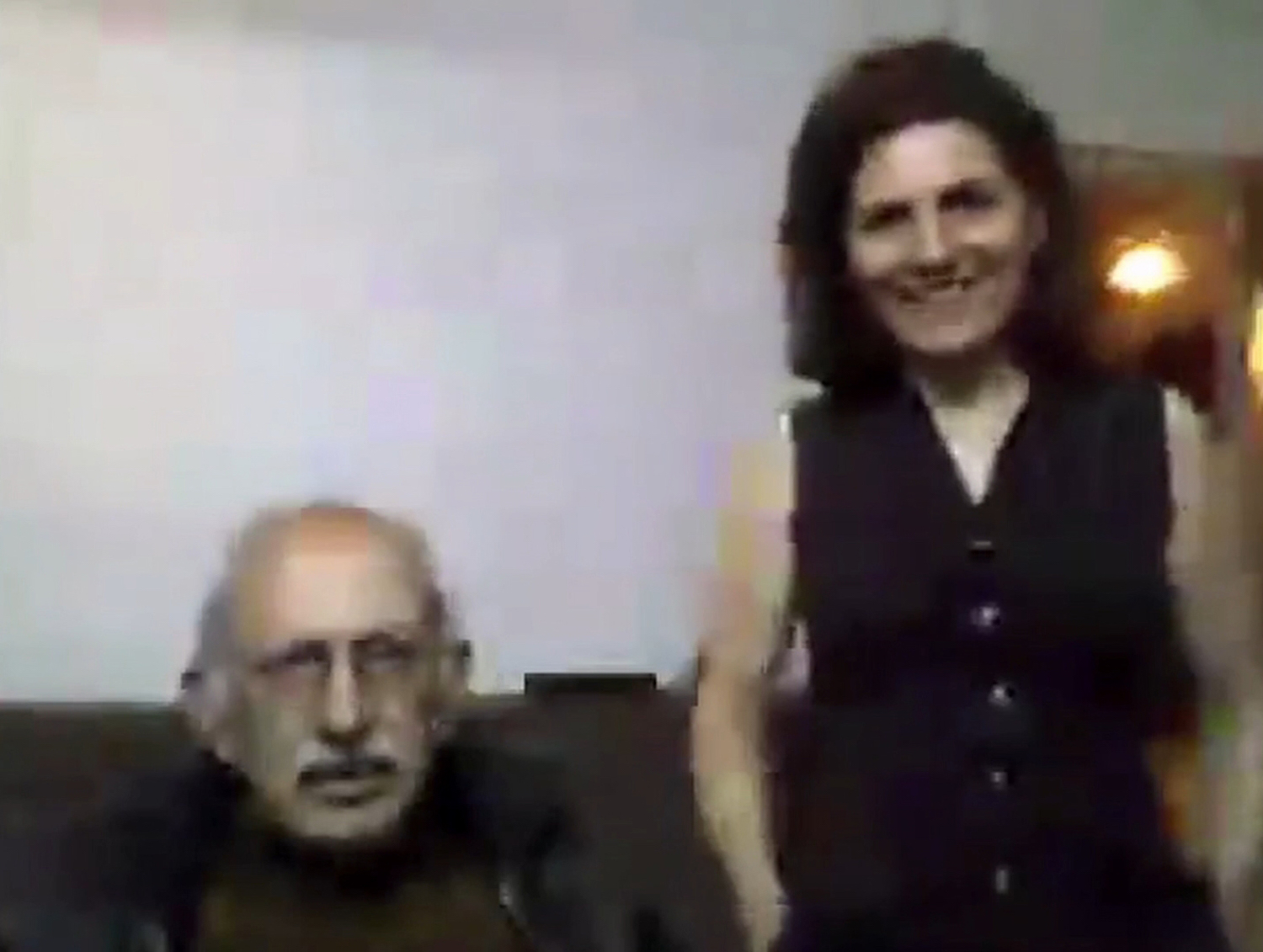I covered the Berlinale for a week, and in that time, I saw a modest 17 films. Before the festival even started, I wrote many long and thoughtful pieces and edited long and thoughtful pieces on a whole bunch of other movies. But you can’t review them all. Sometimes there just isn’t enough time. Sometimes there is just not enough to say.
Here are some brief notices on everything else I saw.
Competition
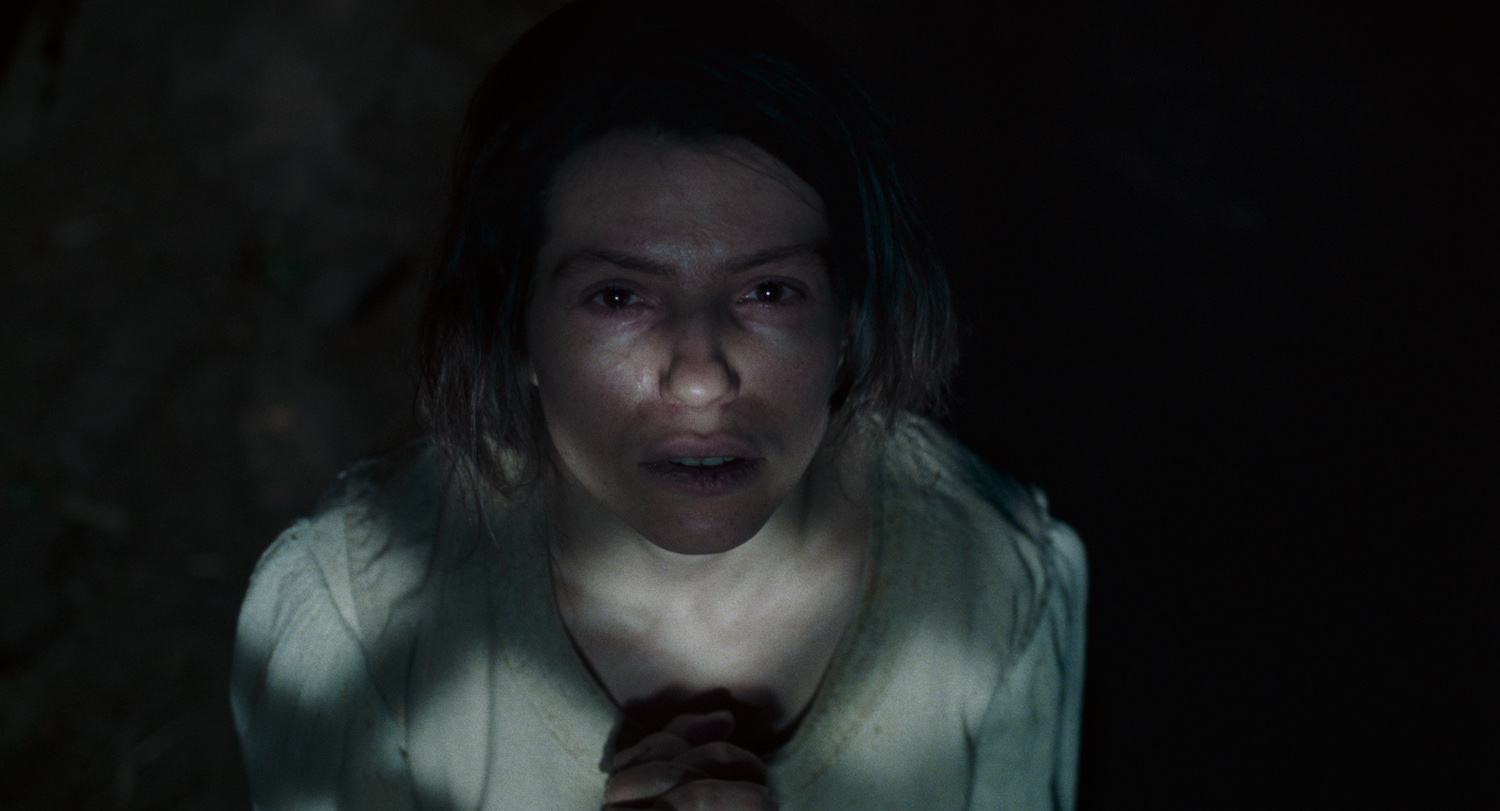
The Devil’s Bath by Veronika Franz & Severin Fiala (2024)
Set in the 18th century. Heavy catholicism and folkloric superstition abound. The same conceit; one short (and effective), one long (and boring). Ulrich Seidl’s horror productions, as into shock value and meme-able moments as A24, rarely hit the heights of Ulrich Seidl-directed movies. This one, from the Goodnight Mommy (2014) crowd, never gives us a reason to care.
Forum
What Did You Dream Last Night, Parajanov? by Faraz Fesharaki (2024)
This is not only a feature-length Skype call between an Iranian man in Germany and his parents, but a Skype call from 2014, with all its attendant buffering, low-image quality (see above, ffs) and audio issues. Perhaps the subject matter of state censorship was important, but I found the entire aesthetic project interminable.
Forum Expanded
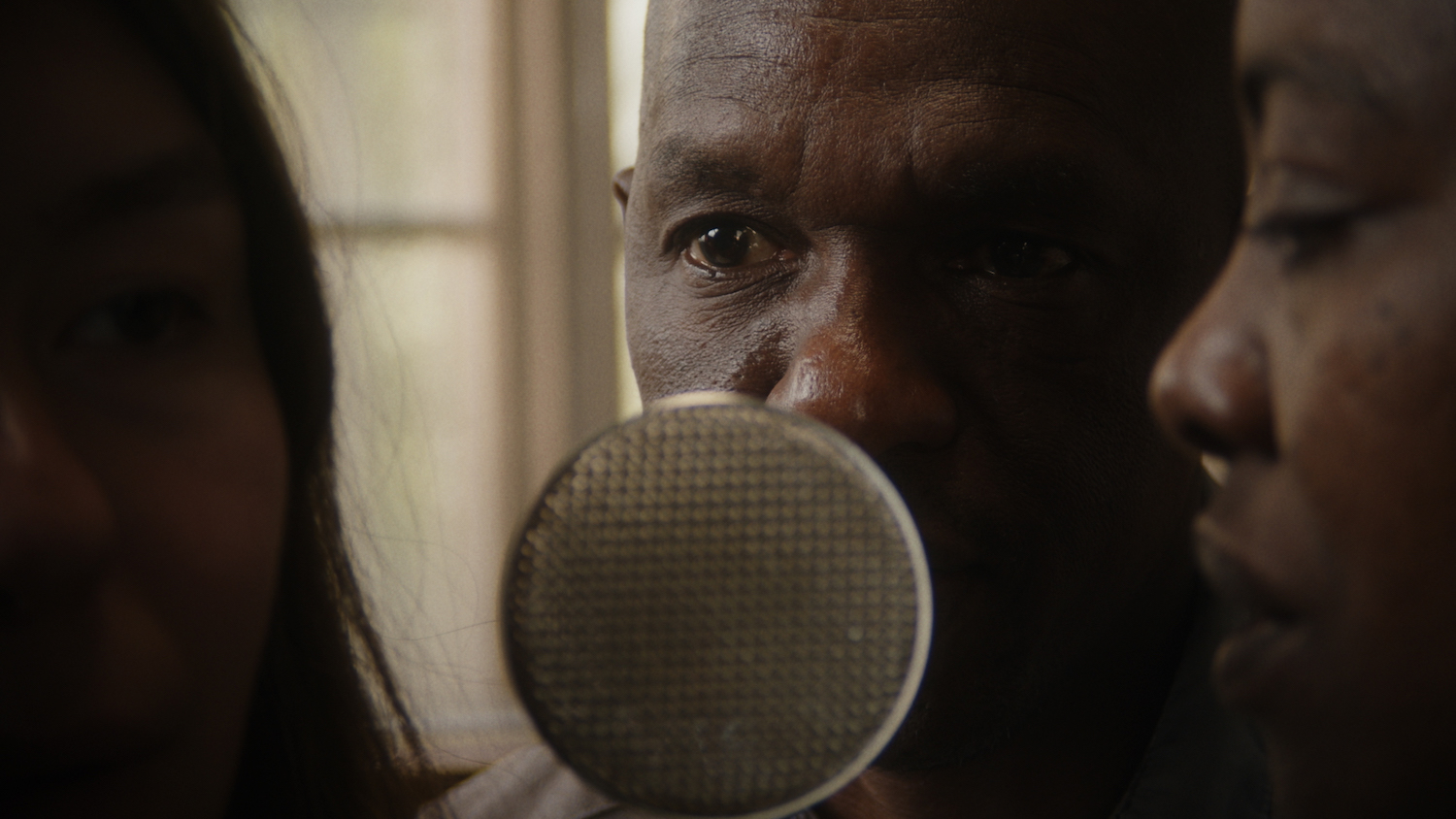
hold on to her by Robin Vanbesien (2024)
On May 17th, 2018, a Belgian police officer fired his gun at a moving van, tragically killing the two-year-old Mawda Shawri. Lying, obfuscating and barely receiving justice for this blatant violation of manslaughter, the event laid bare the racist structural issues at the heart of modern Belgium society.
Rigorous but rarely difficult, hold on to her excellently combines testimony from migrants and activists with footage of the highway on which it occurred, creating a moving exploration of how these events aren’t the exception but the very product of an unjust system. I particularly appreciated its slower stretches, allowing us to sit with the information and process it for ourselves.
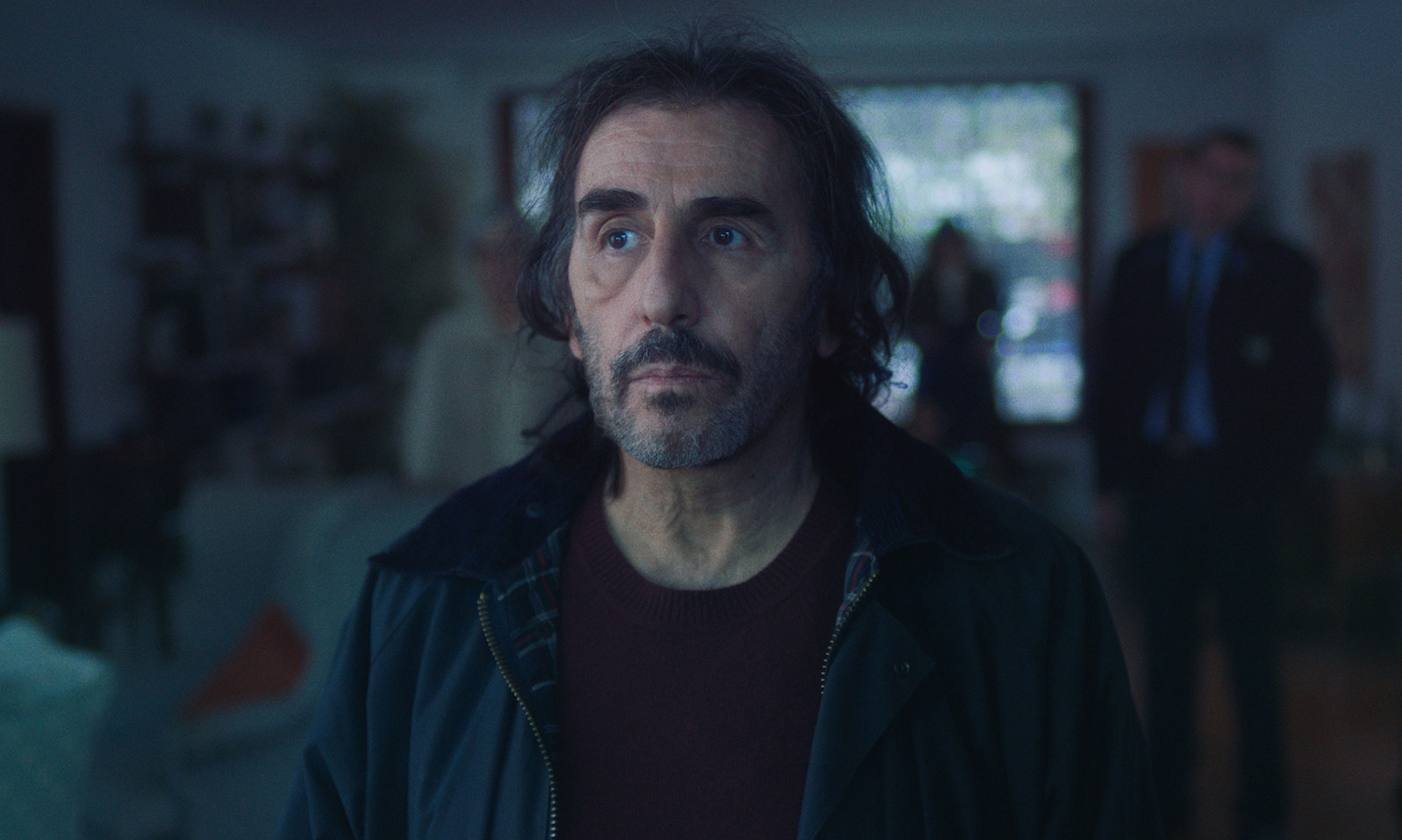
Encounters
Arcadia by Yorgos Zois (2024)
Imagine if Ghost (Jerry Zucker, 1990) was not only good, but was shot in a gorgeous Greek vacation resort and used its premise to explore something genuinely interesting. This is Arcadia, a formally bracing fable about that liminal place between life and death that trusts the audience’s intelligence throughout.
If you ever watch this lovely, minimalist film, pay attention to the shoes. Zois constantly lingers on footwear throughout his delicate fable, telling the story of the recently-deceased Katerina (Angeliki Papoulia) stuck in purgatory, helplessly watching her husband Yannis (Vangelis Mourikis) as he processes her death.
Marathon Lake features, characterised by a beautiful dam that also serves as a one-way crossing. This sleepy town, with its imposing trees and slower way of life, allows Zois to play with a slow and contemplative mood, providing a touching meditation on grief and the difficulties of letting go.
The dead humans didn’t affect me too much, but once I saw the ghost dog — always by his owner’s side without him even knowing — the dam finally broke. Shout out to the sad pizza-eating scene, one-upping Rooney Mara’s pie moment from the inferior A Ghost Story (David Lowery, 2017).
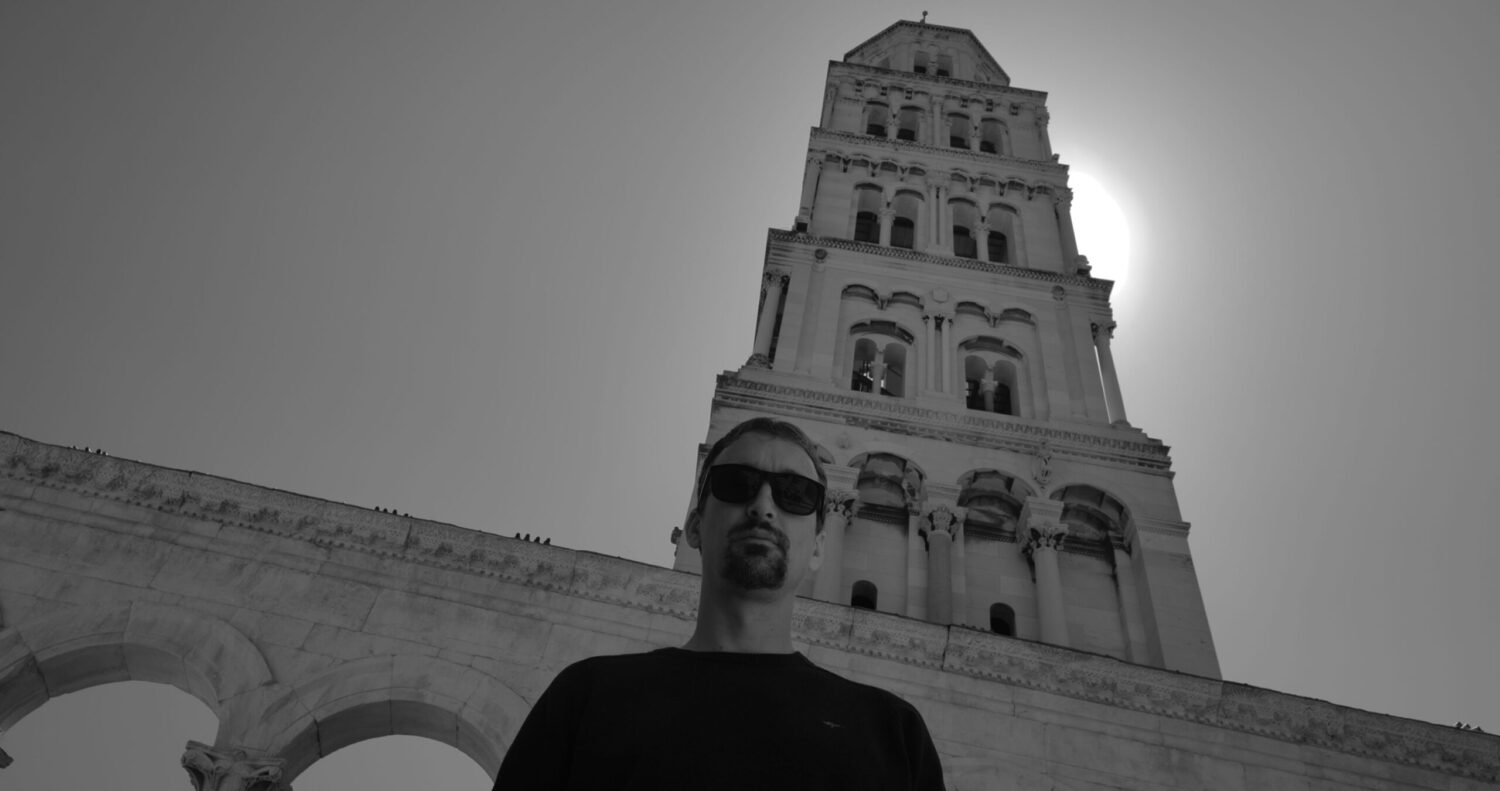
Through the Graves The Wind is Blowing by Travis Wilkerson (2024)
Dense, playful and enraging in equal measure, Travis Wilkerson’s hybrid look at a police detective’s travails in modern-day Split uses its absurdist conceit to lay into Croatia’s ongoing nationalism problems.
Ivan Perić stars as a fictional cop — although you wouldn’t assume he is an actor — whose investigations into the murders of drunken and annoying tourists are stifled by laziness and bureaucracy. Wilkerson, deeply metafictional throughout, uses this amusing starting point to explore his expat life in Croatia and the history of Partisans, football, the Ustaše (Croatian Nazi equivalent) and corruption. Shot in stark black-and-white and mixing personal voiceover with Perić’s deadpan delivery, it is both rather amusing, yet in the end, infuriating, especially as it appears that Croatia has yet to genuinely come to terms with its dark WW2 history.
For example, in a 26-minute walk through Split, Wilkerson uncovers countless Nazi and Ustaše symbols dotted all over town. This is further complemented by a move into pure abstraction as Wilkerson tells of the genocide of Serbians, something the government constantly downplays. Thankfully no direct line is drawn between the comic premise and the serious documentary overlay, Wilkerson able to tease his way through the difficult conceit — and his curious position as an American commenting on a Balkan country — with ease. (It helps he doesn’t get into the 90s conflict.)
A dedication in the end credits calling Carlo Chatrian himself a true champion of cinema received a big applause from the crowd, despite the kino being 20% full. Let’s hope there’s space for people like Wilkerson in future, presumably more corporate, editions.
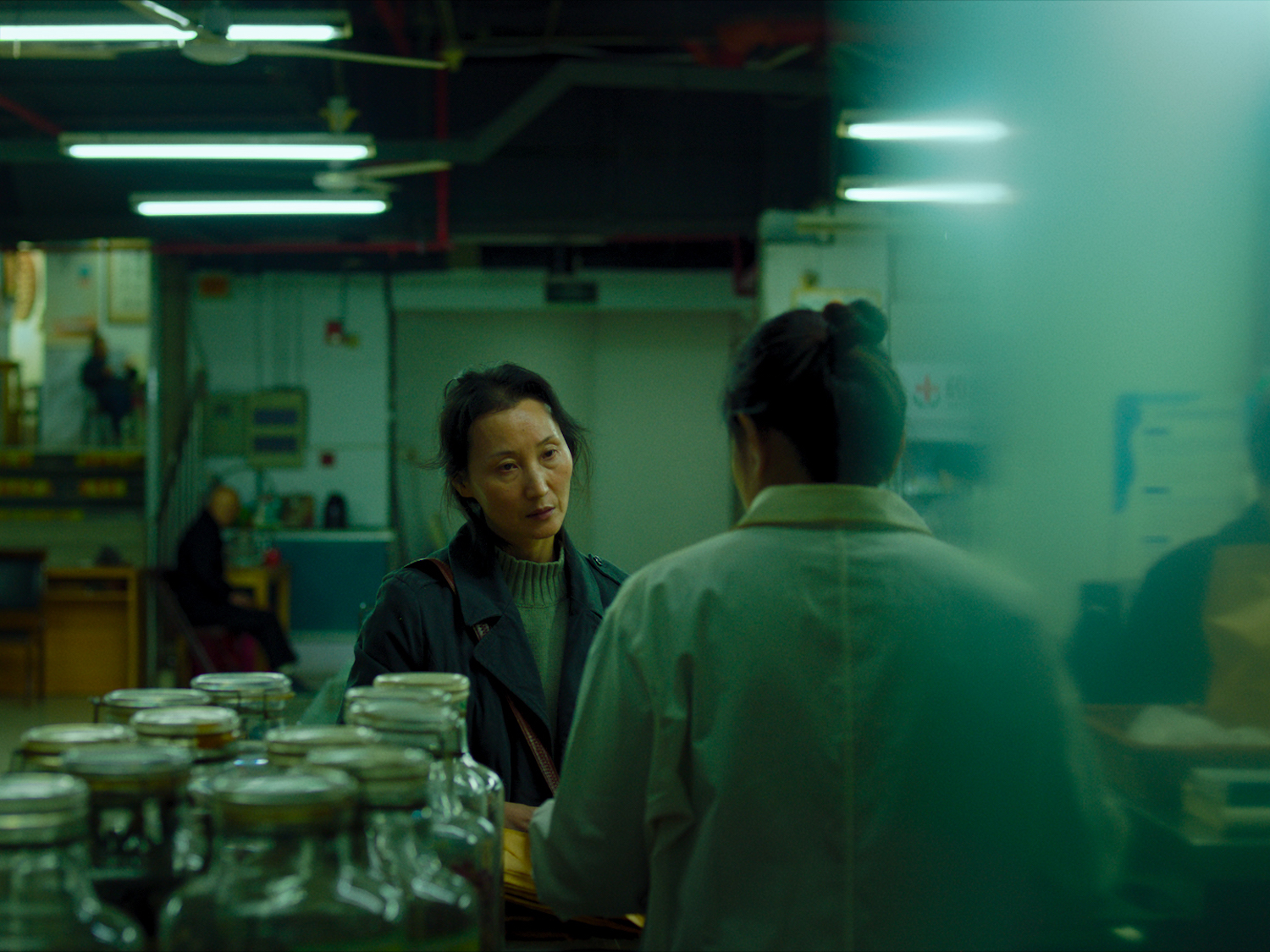
Some Rain Must Fall by Qiu Yang (2024)
Walkout. Formally interesting but dramatically inert. Not in the mood that day.
Retrospective
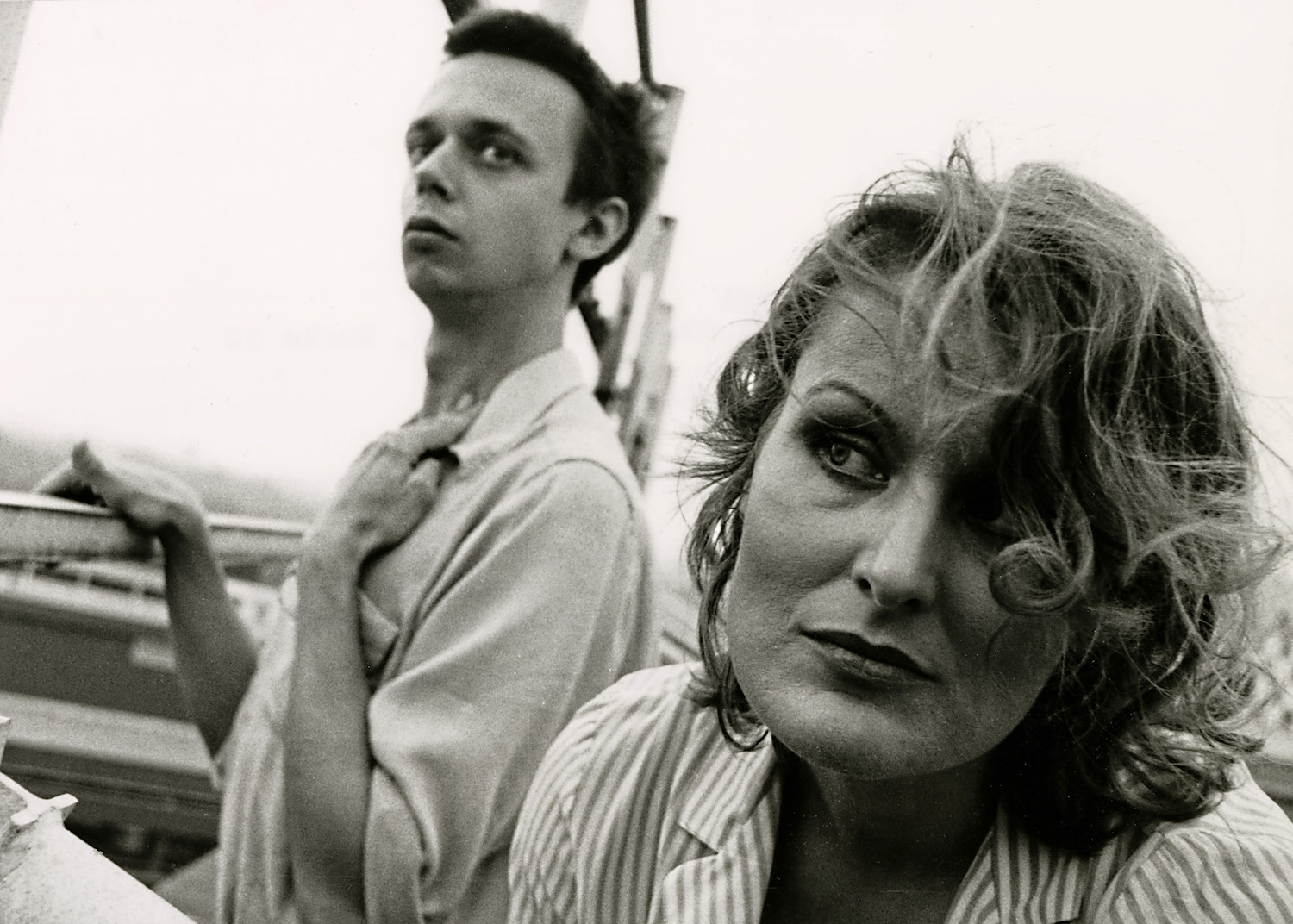
Macumba by Elfi Mikesch (1982)
This debut film by the acclaimed German director reinvents the krimi — of which, she told us before the screening, there are 600 on TV a year — by completely abandoning any sense of logic, sense or meaning. A noir within a metafiction that could also be a dream, this bizarre, nonsensical movie might boast some lovely images and the iconic presence of Magdalena Montezuma, but it’s impossible to understand — unique, yes, engaging, absolutely not. Those 88 minutes last a lifetime.
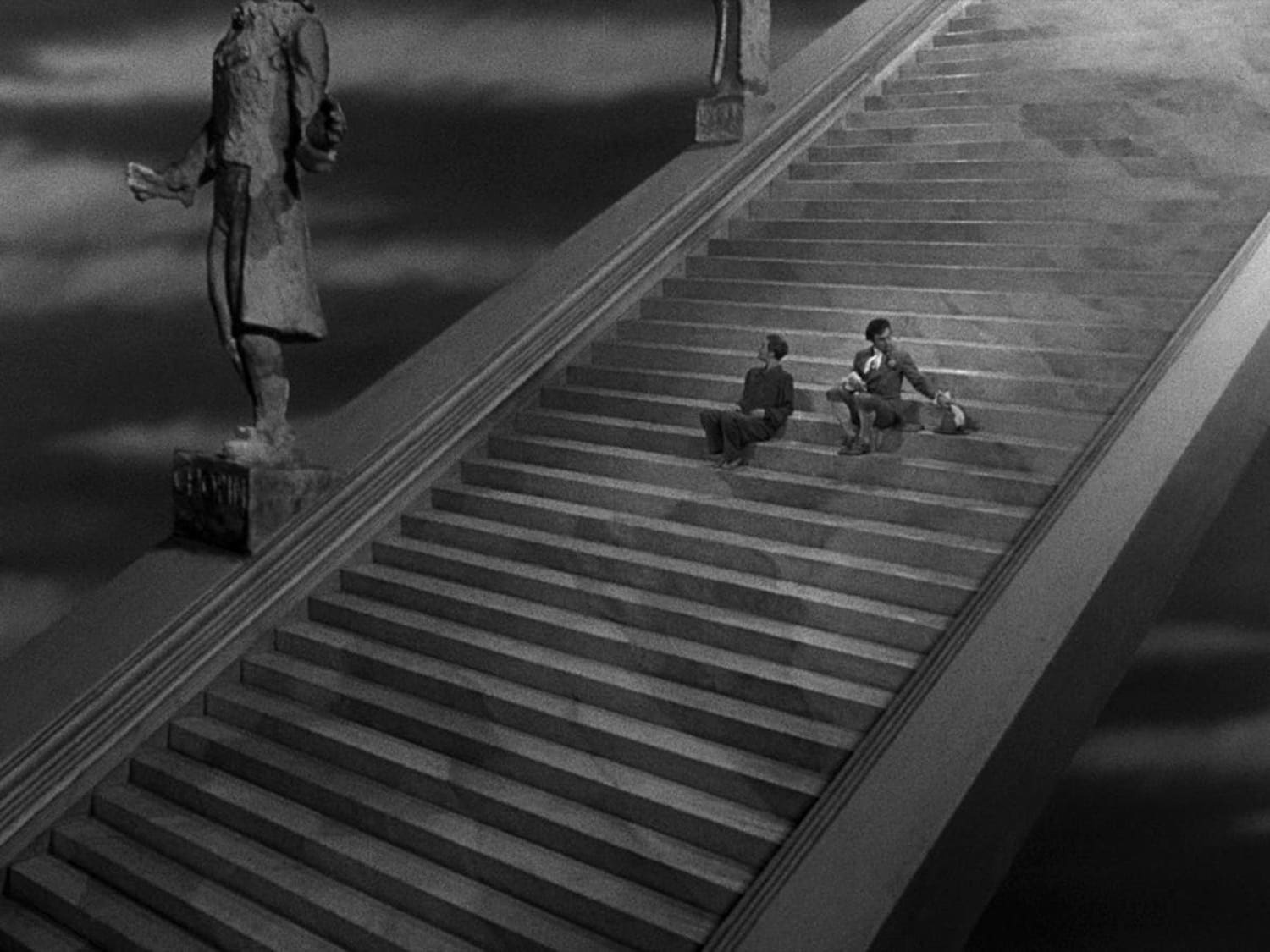
Berlinale Special
Made in England: The Films of Powell and Pressburger by David Hinton (2024)
A lavish and warm documentary on the directing duo, presented (and introduced) by Scorsese himself, featuring a Q&A afterwards with Thelma Schoonmaker. Their cinematic masterpieces are shown in all their glory, as well as their humanism. Pretty much just one film after the after, with a bit of Marty’s work cut in here and there, but I enjoyed it a lot. Schoonmaker was visibly emotional when talking about her late husband Powell.
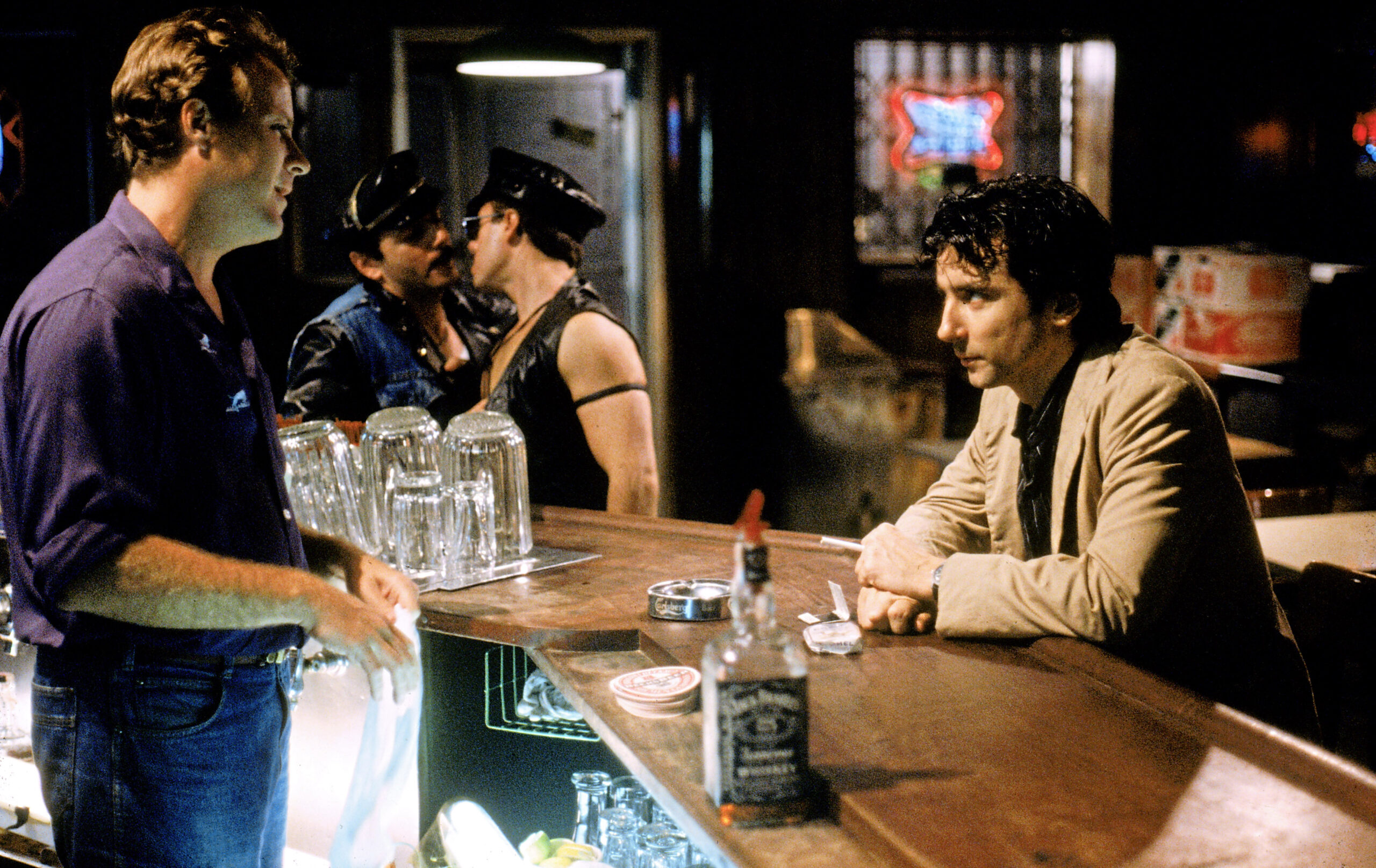
Classics
After Hours by Martin Scorsese (1985)
I knew this film was funny, but watching it in a full crowd is a different experience entirely. Everything just lands so well. Especially that little zoom into Rosanna Arquette’s face. Pure cinema. My last film-in-a-cinema of the festival. The perfect end.
Redmond is the editor-in-chief of Journey Into Cinema.
